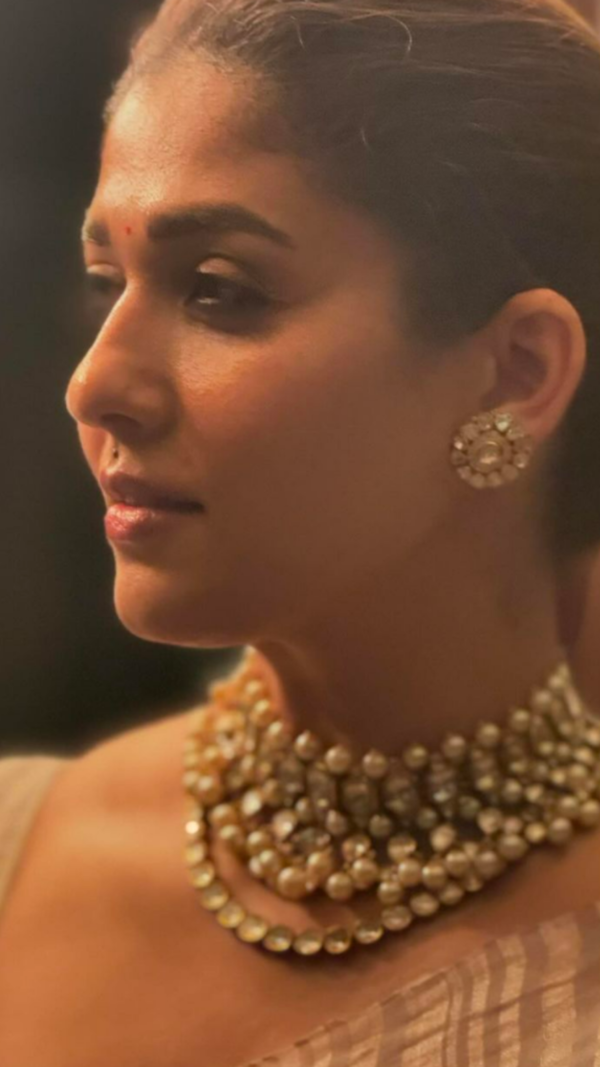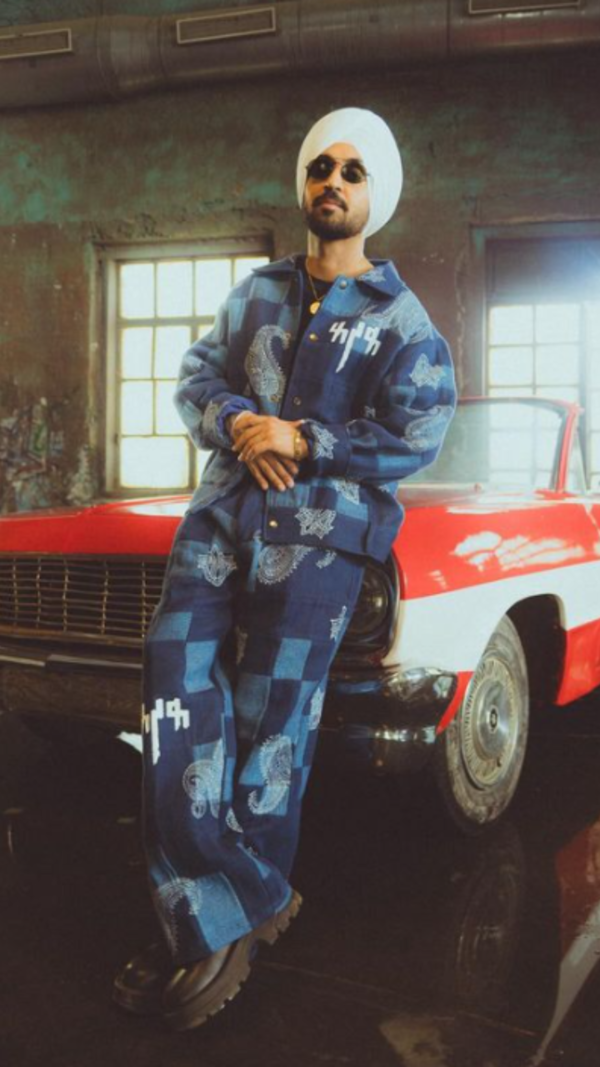Trending
This story is from December 9, 2022
We don't feel the need to hop on contemporary trends: MLTR
Danish band Michael Learns to Rock performed a concert in Pune a couple of days ago was their first ever in the city. In a chat, the band spoke about how music has evolved since the 90s, what makes the band stay together in a time when artistes are going solo, and what they feel about being popular across generations of music lovers.
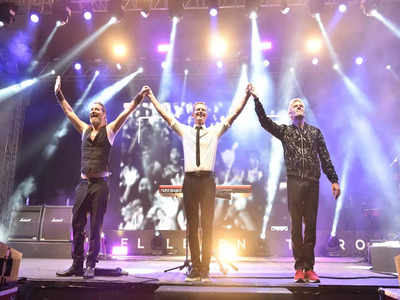
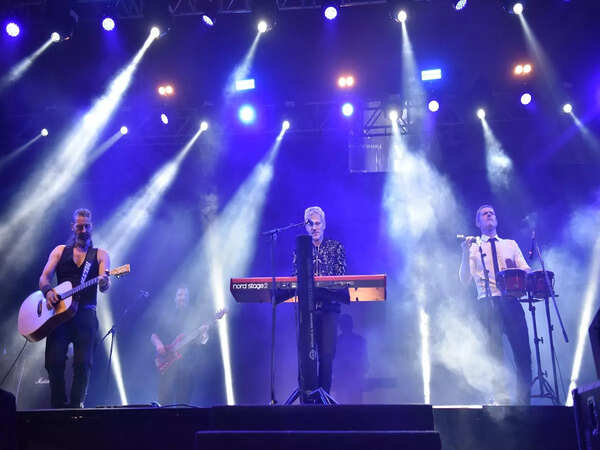
A major share of their popularity comes from Asia and Scandinavia and the popular soft and pop rock band Michael Learns to Rock, aka MLTR, has performed at concerts across Asia for many years. In fact, they were among the first major bands from outside India to have performed in the country, back in 1996. While they had performed in Mumbai before, their concert in Pune a couple of days ago was their first ever in the city.In a chat, the band spoke about how music has evolved since the 90s, what makes the band stay together in a time when artistes are going solo, and what they feel about being popular across generations of music lovers.
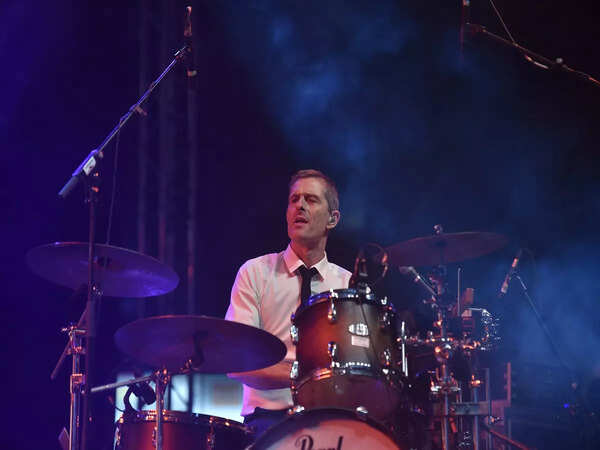
‘We mean what we do; our music is genuine’
If you’ve heard their music over the years, you will agree that the three-piece band - with Jascha Richter (lead vocalist- keyboards- guitar- piano), Mikkel Lentz (lead guitar- backing vocals- keyboards) and Kåre Wanscher (drums- percussion-backing vocals), have stayed away from trends and contemporary music to stay true to their memorable melodies. “In the beginning, people saw three young guys playing very emotional love songs, which I feel appealed to a lot of people. What they see now is three not-so-young men standing on the stage and singing beautiful love songs. This still appeals to the audience because I am absolutely sure they know that we mean what we do and that our music is very genuine,” says Kåre.
“Indian food is my favourite! When we are in India, we try all kinds of Indian dishes—starting with good chicken curry!"
- Kåre Wanscher
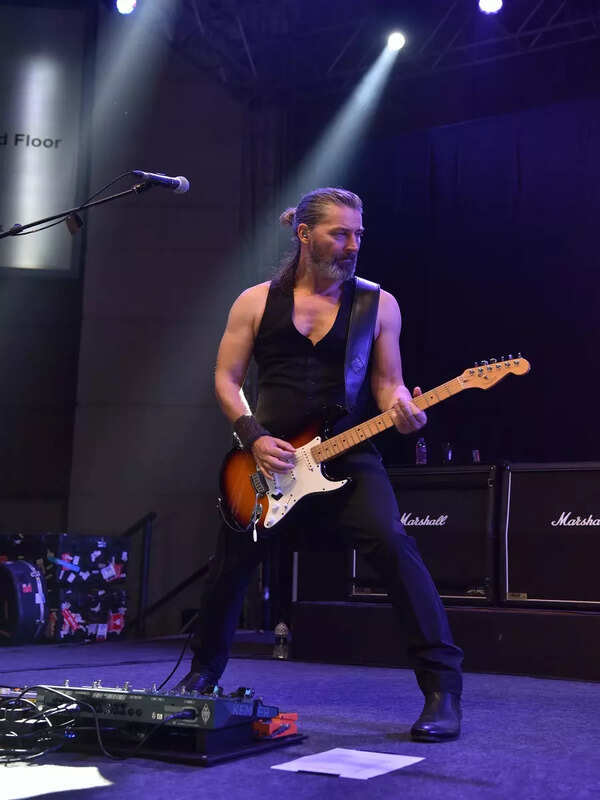
Sticking to their roots
In the era of remixes and remakes, popular melodies from the 80s and 90s are going viral across social media platforms, MLTR sticks to its roots to create music they feel genuinely about. The band says they don’t need to chase trends or get into the contemporary space. Mikkel adds, “I look at what we do from a carpenter’s perspective. We don’t feel a huge need to make a very modern chair. We make a chair that works. I think we are old-school as a band so when we hear a new sound on the radio, we don’t take that sound and put it into MLTR’s music.” Citing the example of their album Scandinavia, which was released in 2012, Mikkel says it was, in a way, a journey of going back to their roots. “We played all our instruments in the old-fashioned way and used a computer as a record player, instead of using it for programming like most people do now,” he says.
Love for 90s music
The band tells us about the Indian artistes they’ve listened to. “We’ve listened to Shaan, Lesle Lewis and Ravi Shankar, among others. Just recently, we went to a party in Mumbai where they played my kind of music—only music from the 90s - which felt really nice,” says Jascha, spontaneously breaking into a performance to Hands Up by Ottawan. “I love the fact that people listen to old-school music because it also helps me a little bit as a songwriter,” he adds
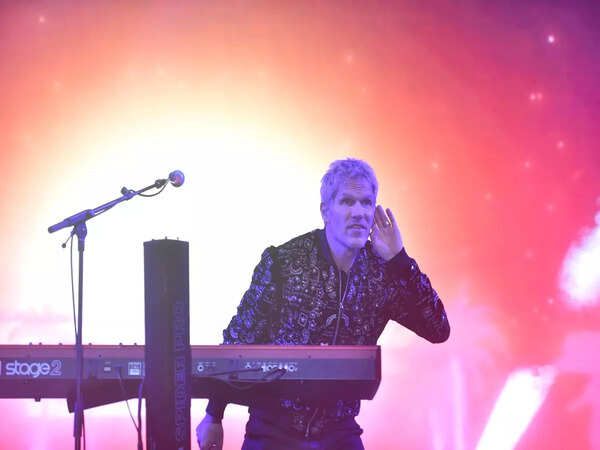
Stronger, together
In the modern scenario of music-making, Mikkel feels that there are many more opportunities today for artistes. “There’s also an ease of making music. Now you can create a demo in your room and play it to the whole world within five minutes. We were in high school when we made this band because that’s what you did back then (laughs). What people don’t have now is the necessity or urge to get together with people. There’s a big difference in how music is made today. We have been fortunate enough to stick together over all these years,” says Mikkel about the band that was formed back in 1988. “Also, the fact that we are more than one person makes us stronger to face the challenges that one encounters in their career,” he adds. The trio says they know each other well and respect each other’s opinions and differences, which is one of the important factors in making the band stronger together.
‘Unite to make music’
“If you love music, concentrate on that and just practice,” advises Mikkel. He also stresses the fact that people need to come together to explore melodies and make music. “Don’t spend too much time watching videos. Spend time learning an instrument instead. People should also try to get together with other people to make music because it must get very lonely to sit in front of the camera all the time,” he adds.
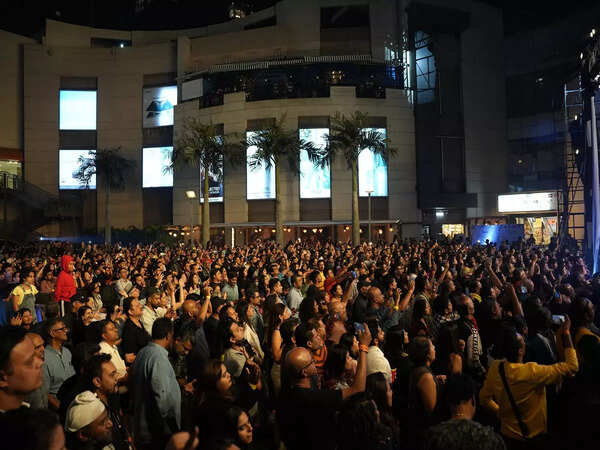
End of Article
FOLLOW US ON SOCIAL MEDIA





